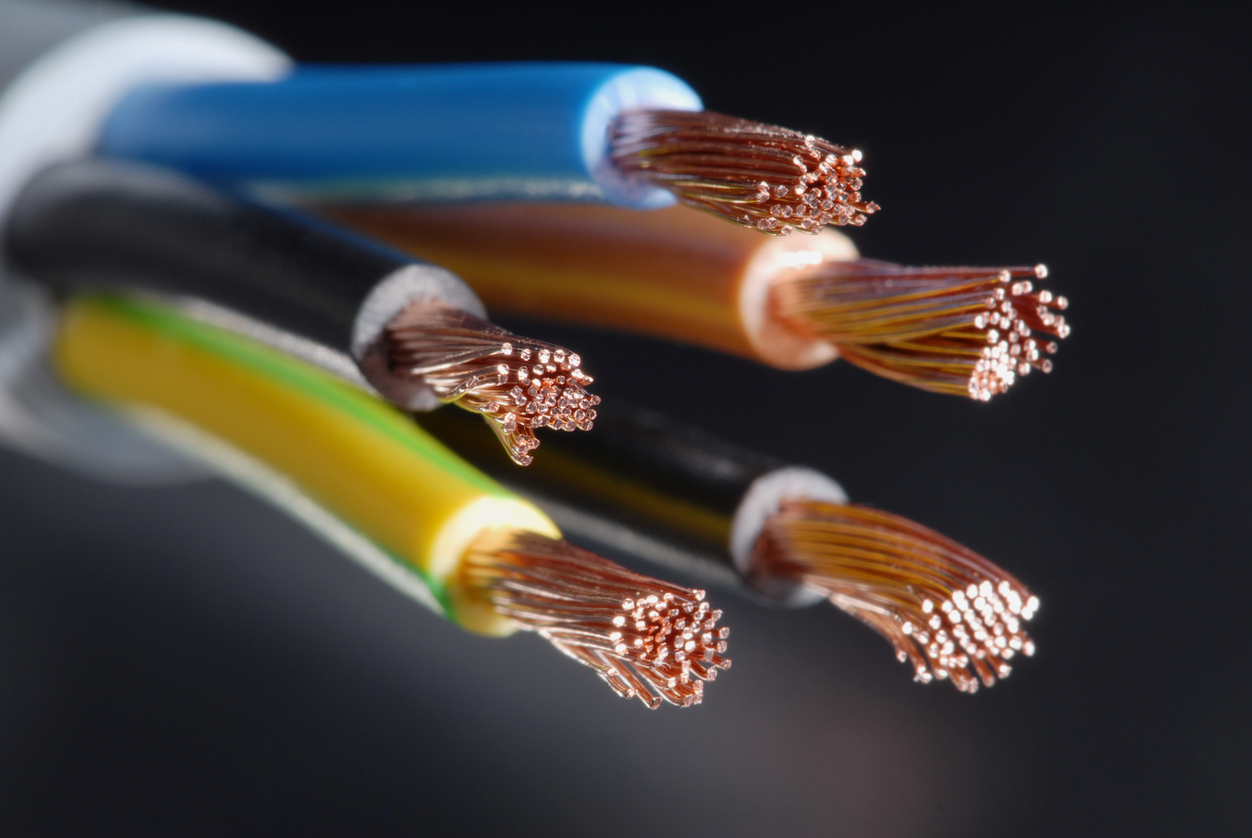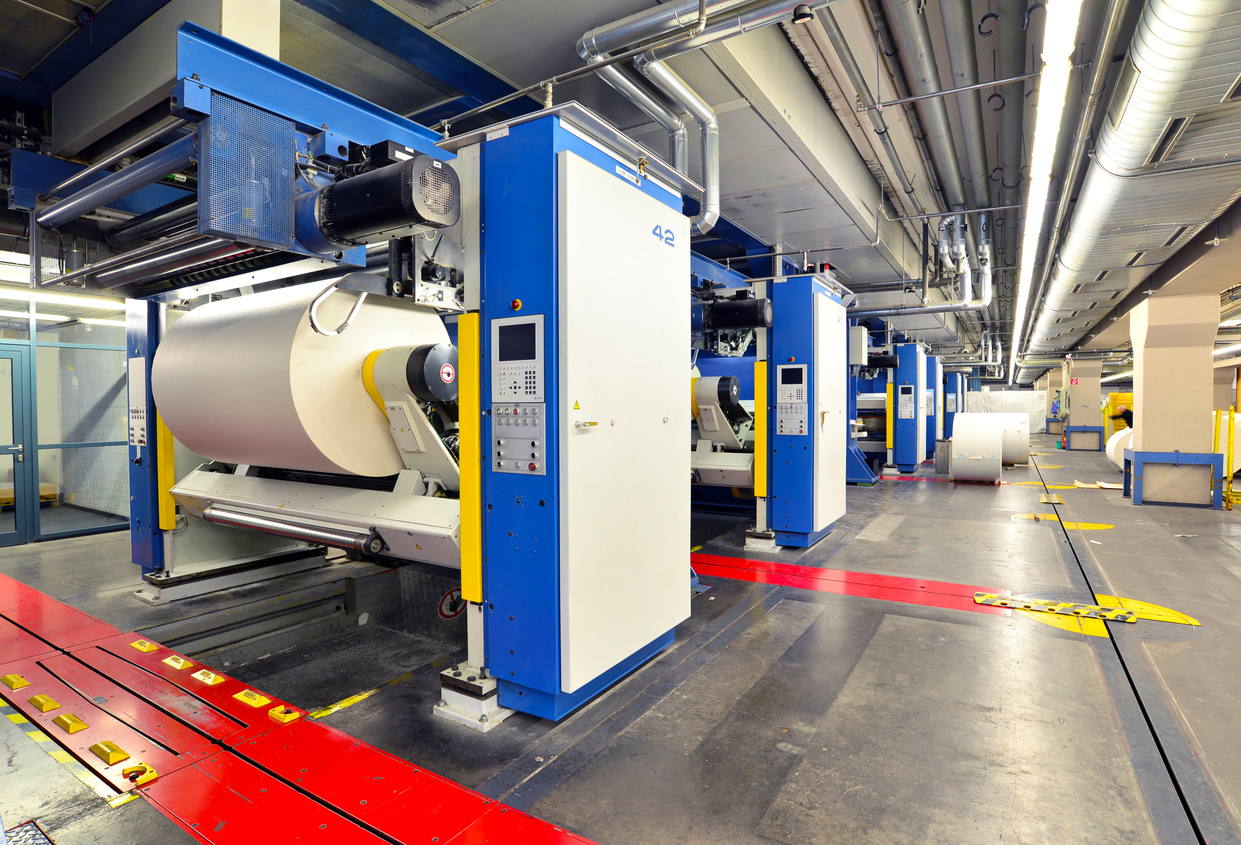Why Insulated Wire is Important and How to Choose the Best Quality Insulated Wire
Why Insulated Wire is Important and How to Choose the Best Quality Insulated Wire
If you’re working with electrical wiring in your home or business, you should be using insulated wire. Insulated wire is important for a variety of reasons, including safety and durability. Uninsulated wires are dangerous because they can conduct electricity and shock anyone who touches them. Using the wrong kind of insulation can also shorten the lifespan of electrical wiring. Knowing what makes a good insulated wire will help you pick the best quality next time around. To work safely and efficiently, electrical wiring needs to be insulated at all times without fail. Even if a small section isn’t insulated, it can lead to serious consequences like fires or electrocution if exposed to moisture or humid areas where there is risk of wetness or moisture build-up. There are several different types of insulated wires that have different properties depending on their use, which means that selecting the right one for your project is crucial for its longevity and energy efficiency.
What Makes a Good Insulated Wire?
There are several factors to consider when picking out the best quality insulated wire. The first is the insulation material. The insulation material should be able to withstand high temperatures without deteriorating. If you’re using a material that can’t handle high temperatures, the insulation will melt and potentially cause a fire. The next important factor is the conductor type. The conductor type determines how well the insulated wire conducts electricity. Some conductors are better than others and some aren’t suitable for certain uses. The last factor is the size of the wire. The size of the wire refers to how big of a diameter it is, and it is measured in American Wire Gauge (AWG). The larger the wire, the more current can travel through it and the less resistance there will be.
Copper Wiring
Copper insulated wire is one of the most common types of electrical wire used in the United States. It is highly conductive, inexpensive, and easy to work with. It comes in a wide variety of gauges and sizes, which means it’s suitable for a wide range of applications like running electricity to lights in your home or powering industrial machinery. Copper wire is flexible and can be used in just about any situation. If you’re looking for an all-purpose wire that can be used in a variety of situations, copper is a great choice. It comes in a wide variety of gauges, which means it can be used for both low- and high-voltage systems.
Vinyl Insulated Wire
Vinyl insulated wire is a good choice if you’re working with high-current systems. It’s resistant to oils, lubricants, and most acids and is therefore suitable for use in industrial settings. Vinyl wire is suitable for high-current systems. It’s good for outdoor wiring and is resistant to moisture. It is also resistant to oils and greases, which makes it a good option for marine environments or areas where there is heavy machinery.
Polyvinyl Chloride (PVC) Wiring
PVC insulated wire is a common choice for residential wiring and low-voltage systems. It is cheap and easy to work with, but it isn’t very durable and shouldn’t be used in high-end applications. PVC is also not resistant to acids and shouldn’t be used in industrial settings. PVC wire is suitable for residential wiring and low-voltage systems. It’s cheap and easy to work with, but it isn’t very durable and shouldn’t be used in high-end applications. It is not resistant to acids and shouldn’t be used in industrial settings.
Aluminum Wiring
If you’re looking for a highly durable and long-lasting wire, aluminum insulated wire is a good option. It is suitable for use in both residential and industrial settings, and it is resistant to most chemicals. However, it is less conductive than copper, which means it is better suited for low-voltage applications. Aluminum wire is suitable for residential and industrial settings. It is resistant to acids, alkalines, salts, and organic solvents. It is not suitable for low-voltage applications because it is less conductive than copper.
Fitting Guide for Different Types of Insulated Wire
Copper Wire Gauge – 10 AWG : For home use. Usually used for lighting, power for a few outlets, or it can also be used for a low powered circuit. Copper Wire Gauge – 12 AWG : Used for powering a single appliance. Copper Wire Gauge – 14 AWG : Used for powering multiple appliances. Copper Wire Gauge – 16 AWG : Used for powering one or a few heavy-duty appliances. Copper Wire Gauge – 18 AWG : Used for powering one or a few heavy-duty appliances. Copper Wire Gauge – 20 AWG : Used for powering multiple heavy-duty electrical appliances. Copper Wire Gauge – 22 AWG : Used for powering multiple heavy-duty electrical appliances. Copper Wire Gauge – 24 AWG : Used for powering multiple heavy-duty electrical appliances. Copper Wire Gauge – 26 AWG : Used for powering multiple heavy-duty electrical appliances. Copper Wire Gauge – 28 AWG : Used for powering multiple heavy-duty electrical appliances.
Conclusion
Insulated wire is crucial for powering electrical systems in homes or businesses. When picking out a type of insulated wire, you’ll want to consider factors like the insulation material, conductor type, and the size of the wire. Copper wire is the most common type of wire used in the United States. It is best suited for low-voltage applications. If you’re looking for a durable, long-lasting wire, aluminum is a good choice.








LEAVE A COMMENT
You must be logged in to post a comment.